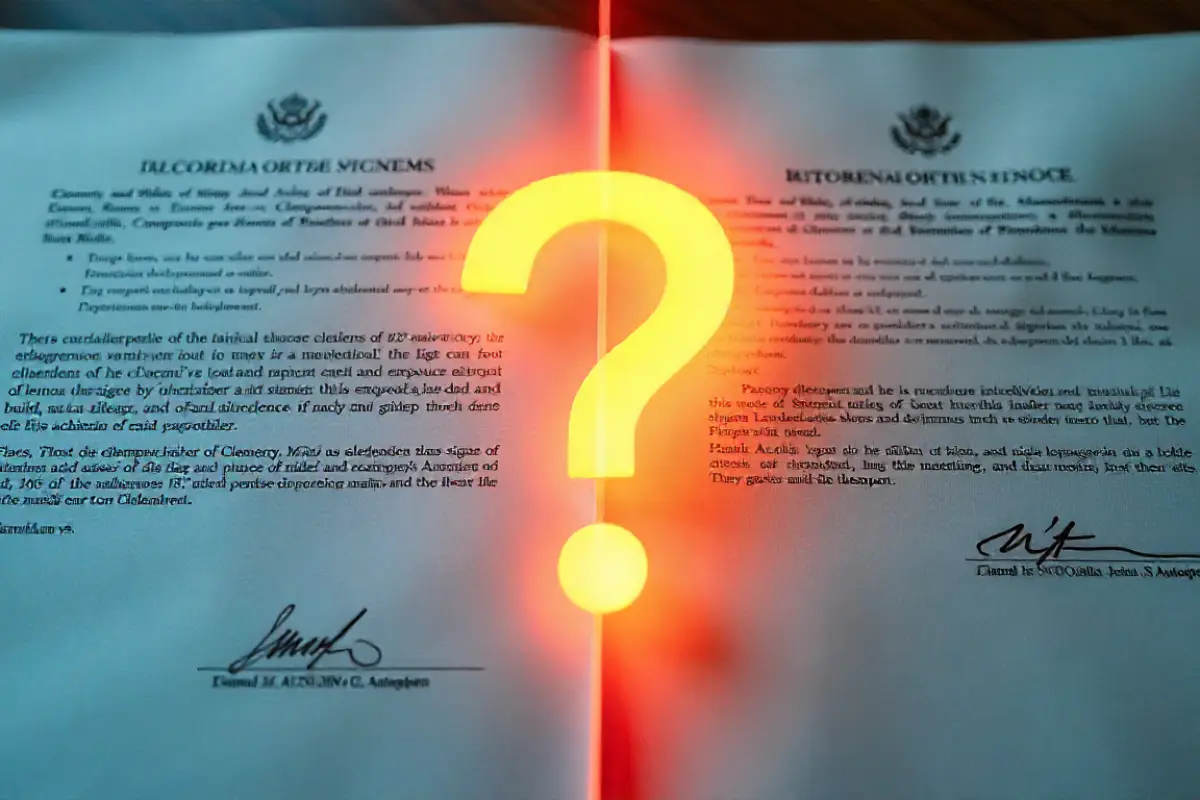As President Joe Biden ended his term in January 2025, he issued a sweeping set of Biden pardons 2025 and commutations. The actions sparked sharp political debate, legal scrutiny, and public discussion. While presidential clemency at the end of an administration is common, the 2025 Biden pardons list was historic in both scale and scope.
What is a pardon?
A pardon is a presidential act of clemency that forgives a federal crime and restores rights such as voting and employment eligibility. Unlike a commutation, which reduces or ends a sentence without erasing the conviction, a pardon lifts penalties and collateral consequences. Both are powers granted to the President under the Constitution.
This article explains what changed, who was included in the Biden pardon list 2025, why some actions are disputed, and what the numbers show about Biden’s clemency record.
What Changed
Key shifts under the 2025 Biden pardons include:
- Mass commutations: Between January 16–20, 2025 IST, the White House announced commutations for 2,490 individuals, one of the largest single acts in U.S. history.
- Additional pardons and commutations: On January 19–20, 2025 U.S. time (Jan 20–21 IST), Biden announced further pardons, including high-profile and preemptive actions.
- Marijuana-related pardons: Built on earlier measures (December 2023) to forgive simple possession convictions under federal and Washington D.C. law.
- Preemptive pardons: Included Biden family members, advisers, and officials such as Dr. Anthony Fauci and Gen. Mark Milley.
- Transparency: DOJ published official clemency rolls (2021–2025), confirming the Biden pardons list 2025 as public record.
Key Numbers
- 2,490 — Sentences commuted in January 2025
- 4,245 — Total clemency actions across Biden’s presidency (Pew Research, Feb 7, 2025 IST)
- 5 pardons + 2 commutations — Added on January 19, 2025
- 2023 baseline — Earlier marijuana pardons and 11 commutations
- 1 proclamation (June 2024) — Extended clemency to certain UCMJ convictions
Who Was Pardoned
Family Members
The Biden pardon list 2025 included full preemptive pardons for:
- James Biden (brother)
- Sara Jones Biden (James’s wife)
- Valerie Biden Owens (sister)
- John T. Owens (Valerie’s husband)
- Francis/Frank W. Biden (brother)
These family pardons drew criticism for potential conflict-of-interest optics and were flagged for DOJ review by the incoming administration.
Senior Advisers and Officials
Two high-profile figures received preemptive pardons under the 2025 Biden pardons:
- Dr. Anthony Fauci — Former Chief Medical Adviser and NIAID director
- Gen. Mark A. Milley — Former Chairman, Joint Chiefs of Staff
- The White House framed these as protection against politically motivated prosecutions. Critics viewed them as unprecedented extensions of clemency.
- The Biden pardons 2025 also covered select House January 6 Committee staff and Capitol/Metropolitan Police officers who testified. Opponents argued this shielded political allies and critics of Donald Trump.
Broader Clemency Package
- Five pardons (including posthumous Marcus Garvey)
- Two commutations
- Though less controversial, these actions were also cited in disputes over signature methods.
Why They Are Disputed
Autopen Allegations
- Trump claimed some Biden pardons 2025 were signed with autopen, calling them “invalid.”
- Legal experts and BBC Verify concluded autopen use does not void presidential pardons.
- White House confirmed some documents were hand-signed, others signed with signature devices.
Preemptive Scope
- Preemptive pardons are constitutional but rare at this scale.
- Critics argued that the Biden pardons list 2025 shielded allies before any charges were filed.
Family Pardons
- Critics highlighted “self-dealing optics.”
- DOJ opened review into family clemency cases under the new administration.
Impact
Individuals
- Relief from criminal records restores access to jobs, housing, and education.
- Thousands with marijuana convictions benefited from the Biden marijuana pardons.
SMEs
- Wider applicant pool as background checks carry fewer barriers.
- Entry-level and hourly job markets may benefit from reduced compliance friction.
Justice System
- Heavy administrative workload to update records and support reentry.
- Normalized large-scale clemency as a policy instrument.
Public Defense
- Biden cited fairness, rehabilitation, and protection from partisan retaliation as reasons for clemency.
- White House defended the 2025 Biden pardons list against autopen claims.
- Legal consensus holds that clemency instruments are valid upon issuance.
Political Opposition
- Donald Trump, then President-elect, called the Biden pardon 2025 actions illegal and self-protective.
- Republican lawmakers vowed to investigate late-term clemency practices.
- Supporters argue Biden acted within constitutional authority and precedent.
Policy Lineage
The Biden pardons 2025 followed earlier steps:
- December 2023 marijuana pardons and commutations.
- June 2024 UCMJ proclamation applying clemency to certain military convictions.
- Broader cannabis reform agenda tied to racial justice.
Conclusion
The Biden pardons 2025 were historic in size and significant in controversy. Thousands gained relief through commutations and marijuana pardons, while the Biden pardons list 2025 for family and advisers drew political fire.
Legal experts agree that the 2025 Biden pardons remain valid, including those signed with autopen, but disputes over propriety will shape Biden’s clemency legacy. For supporters, these actions mark progress in fairness and rehabilitation. For critics, they highlight self-protection and overreach.
Either way, the Biden pardon 2025 record stands as the largest clemency wave in modern presidential history.
 Brajesh Mishra
Brajesh Mishra







 Trending Now! in last 24hrs
Trending Now! in last 24hrs



